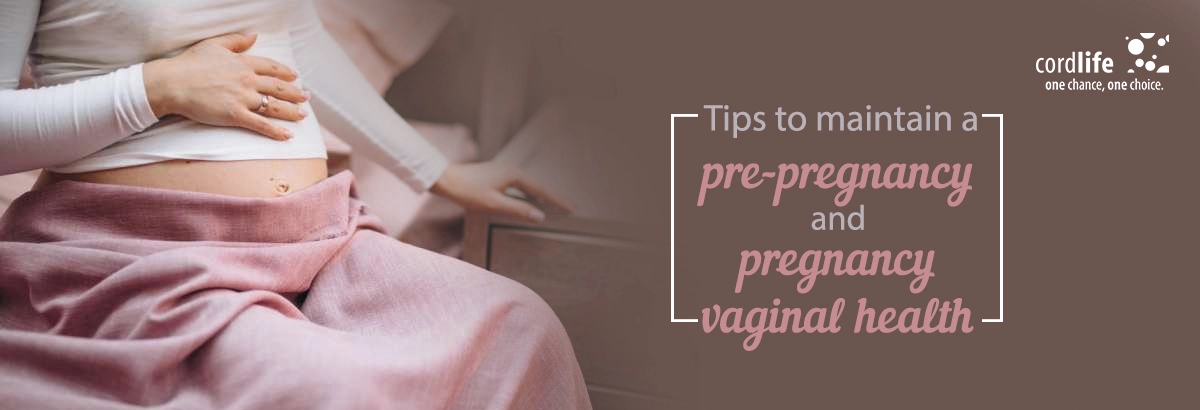Table of Contents
As your body’s most creative and powerful part, the vagina is a part of the reproductive tract.
Menstruation results in the uterine lining being shed in the vagina. Sexual penetration occurs here. During delivery, the baby slides down the vagina.
Vaginal trauma or problems can occur as a result of unprotected sex, medication, pelvic injuries, etc. A healthy vagina should allow a person to desire sexual activity, experience an orgasm, plan a pregnancy, and safely deliver a child. Also, it will boost your self-confidence and enhance your relationships.
For this balance, you need your physician’s help and should keep these things in mind:
How to Improve Vaginal Health During and After Menstrual Cycle?
The menstrual cycle is a normal biological process. A blood discharge passes through the vagina, leaving it unclean. These things can improve your vaginal health during and after menstruation:
- Use sanitary pads, tampons, period underwear, and menstrual cups to collect blood.
- Change your sanitary pads as necessary, regardless of flow.
- Replace tampons every 4-8 hours
- Dispose of pads and tampons in the waste bag or bin after wrapping them in toilet papers or tissue paper.
- Always sanitize menstrual cups after your period
- Wear lightweight and comfortable underwear. Keeps heat, moisture, and germs at bay.
- Clean genital areas can prevent infections. Wash it daily, especially during and after a period. Wipe the area from the front to the back.
- Stay hydrated.
- A pap smear, pelvic exam, and breast exam annually can detect problems early.
How to Have Healthy Vaginal Health by Having Responsible Sexual Contact?
Sex can be vaginal, anal, or oral. Skin-to-skin contact should be enjoyable, respectful, and safe. Consider these steps before being physically intimate with your partner.
- Get yourself tested for STIs before you and your partner get involved.
- Avoid intimate acts with your partner when either of you has sores, cuts, blisters, or rashes.
- Be careful around your partner when you’ve got a throat infection.
- Say no when you’re having your period.
- Say “no” if you aren’t comfortable. Maybe you’re feeling pressured.
- Use protection – condoms and pills
- Get vaccinated against the human papillomavirus (HPV).
How to Keep Weight Under Control During Pregnancy to Keep Vagina Healthy?
Obesity or overweight can affect vaginal health greatly since the vaginal microbiota prevents the production of lactic acid, reduces the pH, and alters immunity. Such a condition also disrupts the menstrual cycle. Having vaginal health issues may cause preterm birth too.
It’s important to control your weight before conceiving or during pregnancy.
- Get out for regular walks. Swimming can also help.
- Exercise Kegels to tone your pelvic floor
- Practice yoga to maintain your weight
How to Keep Vagina Healthy During Pregnancy?
Pregnancy affects vaginal health. Thanks to hormones. The vaginal health issues associated with pregnancy include increased discharge, infections, swelling, and bleeding.
Here are some ways to avoid these problems:
- When vaginal discharge is thin, milky, or white, wear mini pads or unscented panty liners.
- Yeast infections, fishy-smelling grey discharge, or yellow discharge can alter the vaginal balance. Antibiotics (after consulting your doctor) can help.
- Vaginal swelling helps support the baby. Hormones also play a big role. If you have vaginal swelling, do not stand or sit for too long. Elevate your feet while sleeping. Use cold and hot packs.
- In between periods, after sexual activity, or during pregnancy, if you notice a slight colour change, feel itchy, or bleed, see your healthcare practitioner. You’ll be instructed by the doctor how to take care of your vaginal health.
- The balance of good and bad bacteria is crucial for maintaining vaginal health. You can also include probiotics in your diet. Eat fruits, veggies, and omega-3 fatty acids.
